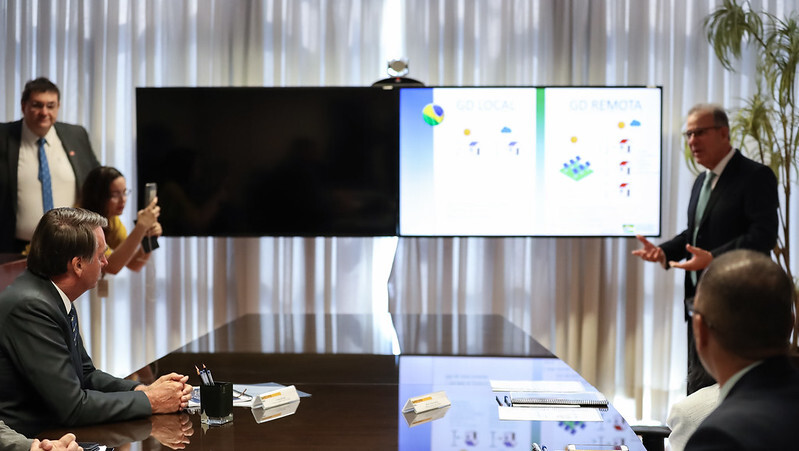The Independent Fiscal Institution (IFI) — an economic policy watchdog operating under the umbrella of the Brazilian Senate — released its projections for the country’s economy over the coming years. It claims that historically low hydroelectric reservoir levels pose a risk of power rationing policies, which could cut GDP growth in 2022 by 0.6 percentage points.
“We are not far from rationing. That’s worrying. [The government] did everything it could in terms of raising energy prices. But if there’s a demand for energy that isn’t met even at this high of a price, or if people don’t reduce consumption because of the cost, there’s a risk of rationing that could take 0.6 points off the growth rate next year,” says IFI boss Felipe Salto.
IFI estimates the Brazilian GDP to grow 4.9 percent in 2021 and 1.7 percent in 2022. In a worst-case scenario — which includes power shortages, high inflation, breaching the federal spending cap, or amending the constitution to increase government spending — growth in the next year would fare at a mere 0.1 percent.
In a baseline scenario, public debt will reach 87.3 percent of GDP in 2030 but would skyrocket to a whopping 122.3 percent according to the most pessimistic projections.


 Search
Search






































